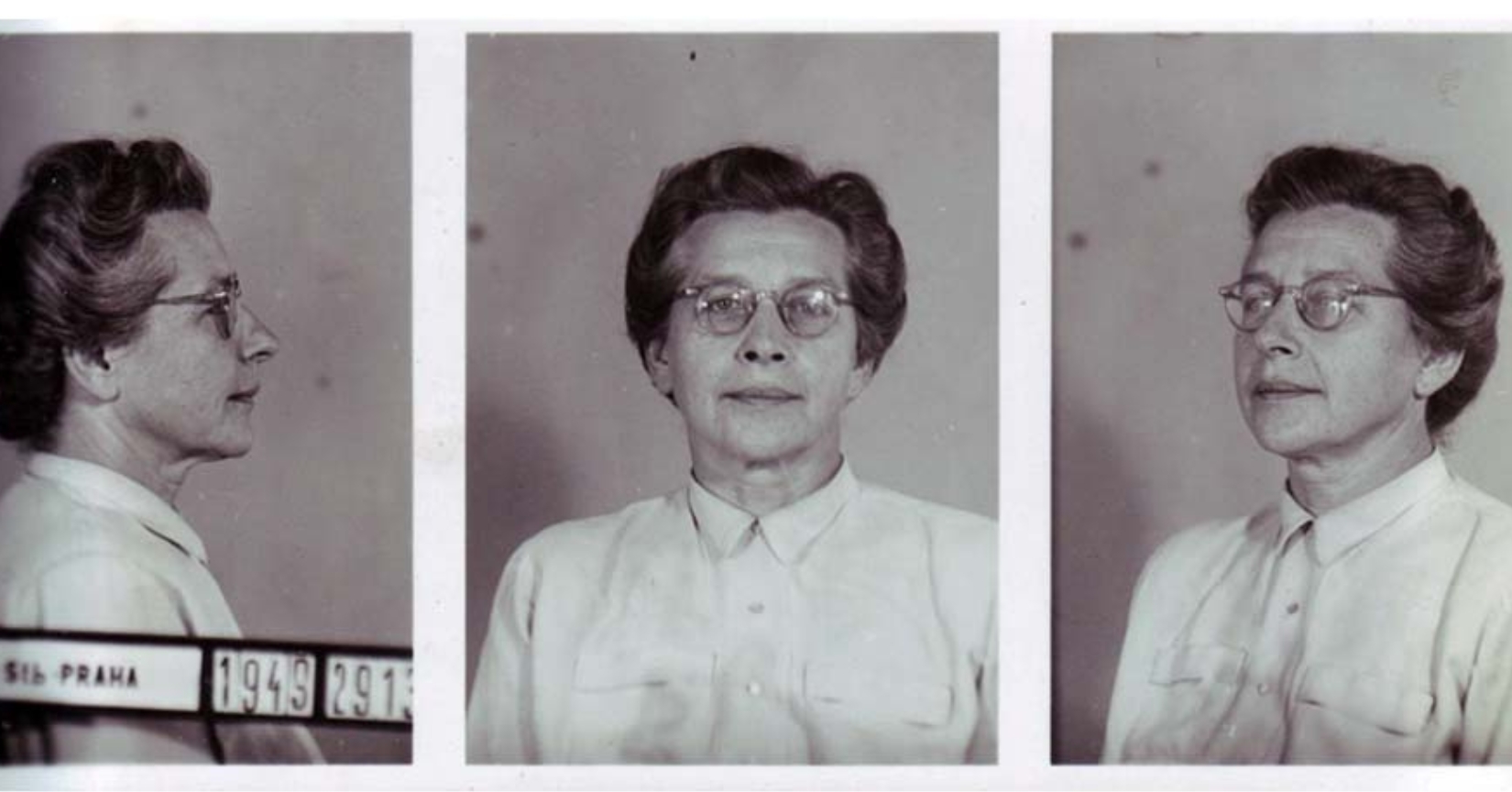Remembering Milada Horáková

Lawyer, politician, resistance fighter, champion of women’s rights, and defender of democracy, Milada Horáková bravely stood against totalitarianism in all forms. She was executed on this day in 1950 for opposing the communist occupation of Czechoslovakia.
Beginnings
Milada Horáková was born on Christmas Day, 1901 in Prague to a family with a tradition of political activism. Her father was an early supporter of future Czechoslovak President Tomáš Masaryk, whose ideals she herself would advocate for later in life. Horáková first took part in demonstrations against the Austro-Hungarian war effort while still in grammar school during the First World War, which led to her expulsion. Undaunted, she continued her education, joined the Red Cross, and went on to graduate with a degree in law from Prague’s Charles University in 1926. While still a student, she befriended Františka Plamínková, a renowned Czech feminist politician and founder of the Women’s National Council. Following her graduation from university, Horáková worked with the Prague City Council and Women’s National Council on legislation aimed at the social and political emancipation of women. In 1929, she joined the Czechoslovak Nationalist Social Party, a vehement opponent to Germany’s Nazi Party. In addition to her political work, Horáková spent time traveling and lecturing abroad, including in England, France, and the Soviet Union, where she experienced life under Bolshevik rule.
Wartime Resistance
Following the Nazi occupation of the Sudetenland in 1938 under the Munich Agreement, Horáková helped Czechoslovak refugees fleeing the annexed territory and was later forced to resign her position at the Prague City Council. She joined a resistance group, housing those classified as ‘illegals’ under Nazi law, and began passing along clandestine information. Horáková and her husband were arrested by the Gestapo, the Nazi secret police, in August 1940. Despite imprisonment and torture, she refused to give up any information, and following the 1942 assassination of Reinhard Heydrich, the Nazi governor of Bohemia and Moravia, was transferred to the Terezín ghetto. There, she was briefly reunited with Plamínková, her friend and former mentor. In October 1944, Horáková was sentenced to death by the Nazi authorities, though the sentence was commuted to eight years’ hard labor, of which she’d served less than one by the time US troops liberated her camp.
Communist Takeover
Following the liberation of Czechoslovakia, Horáková rejoined the Czechoslovak National Socialist Party, then under the leadership of Edvard Beneš, and served as a member of parliament beginning in 1946. Understanding that Czechoslovakia required western support to resist Soviet pressure, Horáková attempted to rally Czechoslovaks to support Beneš though her work as chair of the Council of Czechoslovak Women and as deputy chair for the Union of Liberated Political Prisoners. In February 1948, following the communist coup led by then-Prime Minister Klement Gottwald, Horáková resigned from her government posts in protest.
Show Trial and Execution
Though Horáková had the opportunity to flee following the communist coup, she stayed in Czechoslovakia to continue supporting democracy through her work with exiled politicians and political organizations now banned by the regime. Horáková was arrested on September 27, 1949 by the secret police on fabricated charges of conspiracy to overthrow the government. After months of interrogation and torture, the communist regime held a show trial in the spring of 1950. Horáková and 12 others were “tried” according to the Soviet model — the verdicts had been established in advance, defendants were forced to recite their alleged guilt under duress, and spectators were carefully chosen to reflect the Stalinist mores. Despite incredible pressure, Horáková refused to live by lies, defending her democratic principles rather than recite a false confession.
Horáková’s case drew global attention, as notable contemporary figures including Eleanor Roosevelt, Winston Churchill, and Albert Einstein, urged for clemency.
Ultimately, she and four co-defendants were sentenced to death by the communist government and were hanged in Pankrác prison in Prague on June 27, 1950. Her last words were recorded as follows:
“I’m falling… I’m falling; I lost this fight but I’m leaving in an honourable way. I love this country, I love its people; do build prosperity for them. I don’t feel any hatred towards you. I wish you well, I wish you well…”
Legacy
After her execution, Horáková’s verdict was overturned as Czechoslvakia overthrew its communist regime during the Prague Spring of 1968. Moscow’s subsequent invasion and occupation would once again throw Horáková’s legacy behind the Iron Curtain. It would not be until 1990, after the fall of communism in Europe, when Horáková was cleared of all charges.
Today, the Czech Republic remembers Horáková as a hero and marks June 27, the day of her execution, as the Day of Remembrance of the Victims of the Communist Regime.
Milada Horáková’s legacy lives on in the Victims of Communism Museum where her courageous fight for freedom is immortalized for the world to see.

